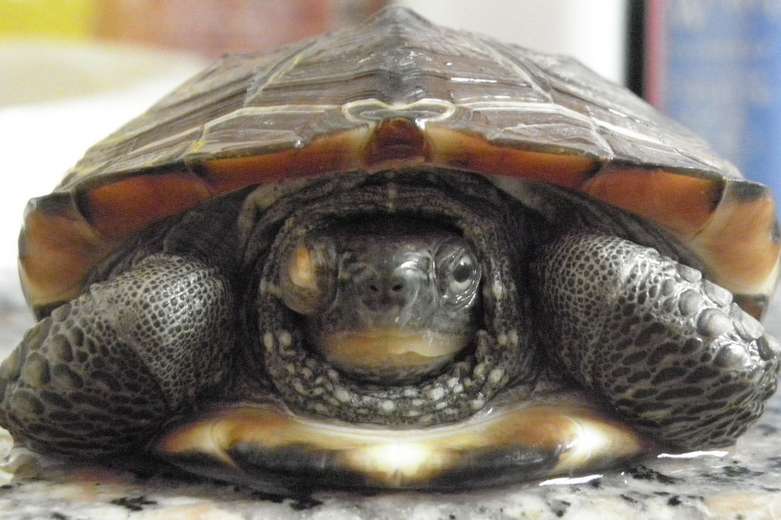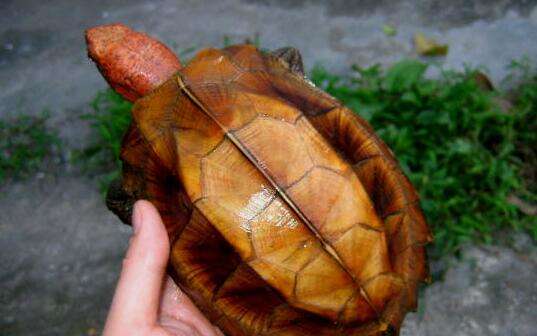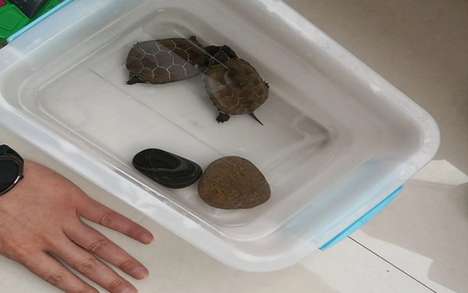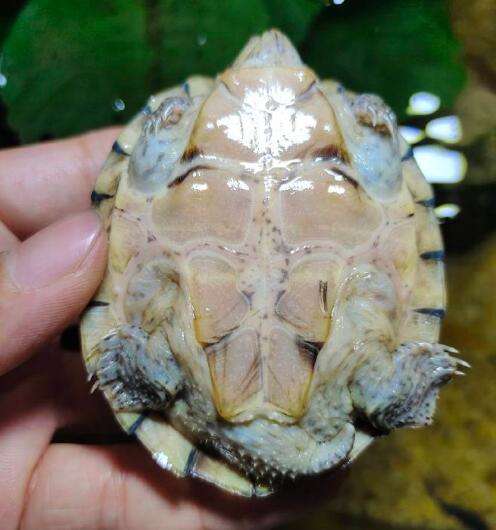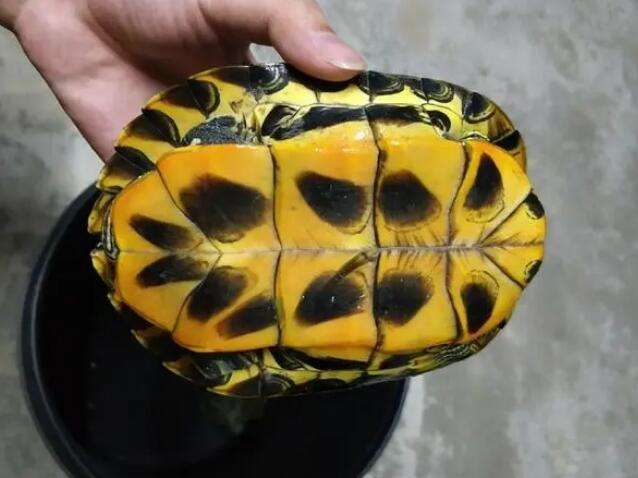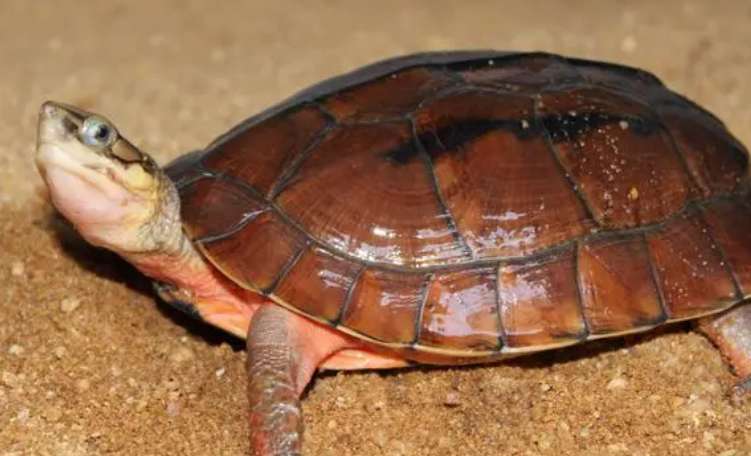Little turtles are very cute animals, but sometimes they become very stubborn and won't eat. This can be concerning because they need to eat to stay healthy. So, what should you do if your little turtle isn’t eating?
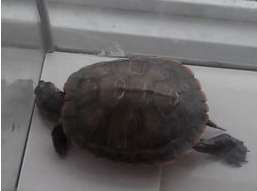
First of all, you need to make sure that the food you provide is suitable for the little turtle. Turtle's. Different species of baby turtles have different dietary requirements, so you should know what they need to eat before buying one. Some baby turtles eat only plants, while others require animal protein.
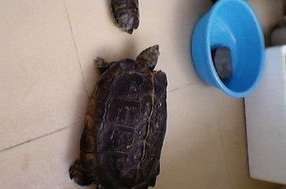
Secondly, you need to make sure your little turtle's food is fresh. If the food you offer it is stale, it may refuse to eat it. Therefore, you should offer fresh foods every day and place them in clean bowls. If both of the above are true, then you need to consider other possible causes. Some factors that may cause a baby turtle to have a poor appetite include temperature, light, and water quality. Turtles need to live at a moderate temperature, which helps stimulate their appetite.
If your baby turtle is in an inappropriate environment, such as a temperature that is too cold or too hot, it may refuse food. Light is also an important factor. Baby turtles need the right amount of light to boost their metabolism and immune system. If there is not enough light, their appetite may decrease.
Finally, water quality is also an important factor. Baby turtles need clean water to stay healthy. If the water quality is not good, such as a lot of dirt or bacteria in the water, they may not want to eat. If your baby turtle isn't eating, you can also try offering some different foods. Sometimes baby turtles get bored of certain foods and need to try something new to challenge their taste buds.
In summary, if your little turtle isn't eating, you need to seriously consider the various possible causes and try to solve the problem. Make sure to provide appropriate food and maintain appropriateenvironment and clean water, and try to provide some new foods to stimulate their appetite. If you still can't resolve the problem, it's best to seek help from a professional veterinarian.
